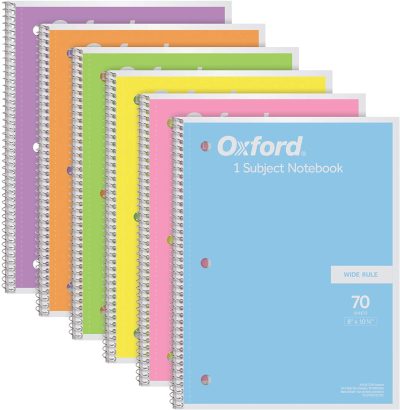The choice between digital and analog note-taking has sparked a discussion about the cognitive effects of each method. In this article, we’ll delve into the psychology of paper and how notebooks influence cognitive processes in unique ways.
Tactile Engagement: The tactile experience of touching paper engages sensory receptors, contributing to a deeper connection with the content being written. This tactile feedback aids memory retention and cognitive processing.
Spatial Organization: Notebooks offer spatial organization, allowing users to physically arrange their thoughts on a page. This spatial layout aids comprehension, as users can visually grasp relationships between ideas.
Attention and Distraction: Digital note-taking devices can introduce distractions, while notebooks promote focused attention. The absence of notifications and the act of writing by hand contribute to sustained concentration.
Personalization and Ownership: The act of physically writing in a notebook creates a sense of ownership and personal investment. This emotional connection with the content can enhance cognitive engagement and retention.
Analog Creativity: The analog nature of notebooks allows for creative freedom in organization. Users can use symbols, color coding, and spatial design to personalize their notes and enhance comprehension.
Conclusion: Notebooks have a distinct psychological impact on cognitive processes. Their tactile engagement, spatial organization, reduction of distractions, personalization, and analog creativity collectively contribute to a unique cognitive experience that sets them apart from digital alternatives.













